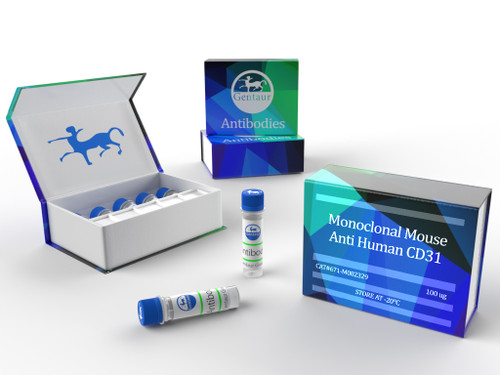Shop by Category
Shop by Brand
- Home
- Gentaur Antibodies
- Gentaur Monoclonal Antibodies
- Anti Human Macrophage (CD68) Monoclonal | Gentaur


Anti Human Macrophage (CD68) Monoclonal | Gentaur
Gentaur
MSRP:
Now:
£0.00
(You save
)
- SKU:
- 87-KT117-GEN
- Availability:
- 24/48 H for Stock Items & 1 or 2 weeks for Production Items
- Weight:
- 1 KGS
- Price:
- Contact info@gentaur.com for pricing
Price Contact info@gentaur.com for pricing
Recommended
-


Monoclonal Mouse Anti-Human | Gentaur
MSRP:Now: £0.00

Mouse Monoclonal Antibody Anti Human | Gentaur
MSRP:Now: £0.00

Monoclonal Mouse Anti Human CD31 | Gentaur
MSRP:Now: £0.00

 Euro
Euro
 British Pound
British Pound
 US Dollar
US Dollar






